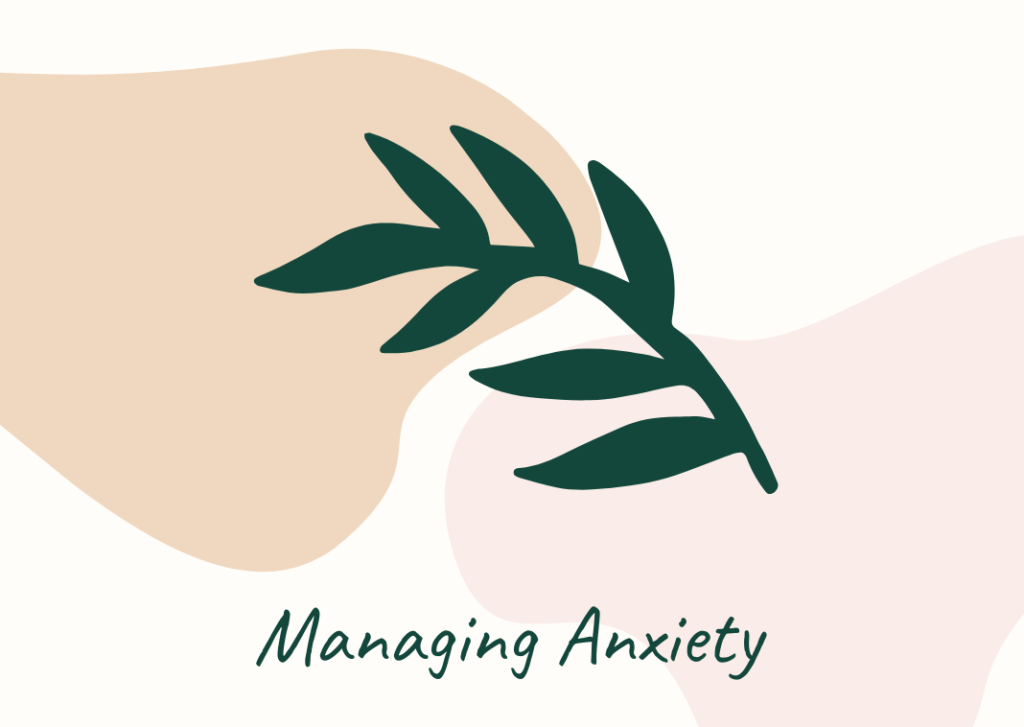
By: Linda Fodrini-Johnson, MA, MFT, CMC, Walnut Creek, CA
The current worldwide pandemic is causing sleepless nights, hand wringing and some strange behaviors having to do with fear that can sometimes bring out the worst in us. However, we are also seeing some incredible acts of kindness and selflessness in neighbors helping neighbors. As, well as creativity in professionals delivering care to older adults.
The anxiety that many of us are experiencing related to the current Covid-19 epidemic is not the same as an “anxiety disorder” which is more of a long-standing mental health condition that is treated with a combination of medication and behavioral therapy. What we have been experiencing is more a “situational anxiety” brought on by something we can’t very well control outside changing our behaviors for a period of time.
Here are four tips and a few resources to help you or your family member manage anxiety:
1. Focus on the positives in your life and in the world. Start your morning with a gratitude prayer or list of what you are thankful for. Read the comic strips before you read any news and save a positive story to read last. I receive a spiritual reading daily that is written in “affirmation” style, it gives me a sense of peace to start my day.
You could limit your news watching to every other day or once a week if you find it distressing.
https://www.goodnewsnetwork.org/10-positive-updates-on-the-covid-19-outbreaks-from-around-the-world/
2. Mindfulness exercises are a wonderful way of disconnecting from all emotions by being connected with your inner being and at the same time disconnecting from all the negativity and to-do’s of our daily lives. This does not happen with one try; it is something that you need to do daily and increase the time of the exercise as you become more comfortable. Just learning to focus on your breathing can be a great first start – helps with sleeping too!
Other resources:
https://www.pocketmindfulness.com/6-mindfulness-exercises-you-can-try-today/
https://www.drweil.com/health-wellness/body-mind-spirit/stress-anxiety/breathing-three-exercises/
3. Distraction or avoidance is a great mind diversion when you are ruminating on your fears or unfounded beliefs. Have a list of projects you would like to complete and tackle one of them every time you get yourself in a worry-knot. Put together a play list of joyful, happy music that makes you smile.
https://www.goodnewsnetwork.org/tips-for-making-your-time-at-home-pandemic-positive/
4. Exercise if you start to worry or become anxious. Take a walk or, do an exercise CD, yoga is a great exercise that is both a mindfulness practice and moves your body in order to be more flexible. If you can’t go to a class, order a beginner’s CD on the internet. If getting on the floor is a challenge look for chair yoga. I think you will be seeing more on-line offerings as well because this current crisis is bringing out creativity.
Diet is extremely important to mental health. Remember to eat well, look for immune boosting foods to add to your diet like citrus, blueberries, almonds, mushrooms, green tea, and red bell peppers for a start.
If you need to process your worries, reach out to a friend or professional. Sometimes it is just good to talk through our anxieties. If you find yourself or your older family members unable to follow the four tips in this newsletter and feel your or your relatives feelings are interfering with daily life, (such as having trouble concentrating or increased use of alcohol, or that chronic health problems getting worse), seek help.
Finding a local professional Aging Life Care Professional could ease your worry about aging parents at a distance; they can arrange for all the local supports systems your family member might need during this time of “shelter in place”. They can provide reassurance and comfort especially when family is at a distance.
A good handout to share with friends is: https://emergency.cdc.gov/coping/pdf/Coping_with_Disaster.pdf
For more information or to access a nationwide directory of Aging Life Care Professionals, please visit www.aginglifecare.org.
About the Author: Linda Fodrini-Johnson, MA, MFT, CMC
Head of Corporate Care Management for Home Care Assistance
Linda is a Licensed Family Therapist and a certified Professional Care Manager. She is also a past President of the Aging Life Care Association. In 1989, Linda founded Eldercare Services in the San Francisco Bay Area and became a pioneer in geriatric care management. Linda has always been a passionate educator to families and professionals in the “aging space”.
Eldercare was sold to Home Care Assistance last year and Linda now serves as the Head of Corporate Care Management. She is also a consultant with Dr. Leslie Kernisan’s, Better Health While Aging/Helping Older Parents – an on line coaching team.